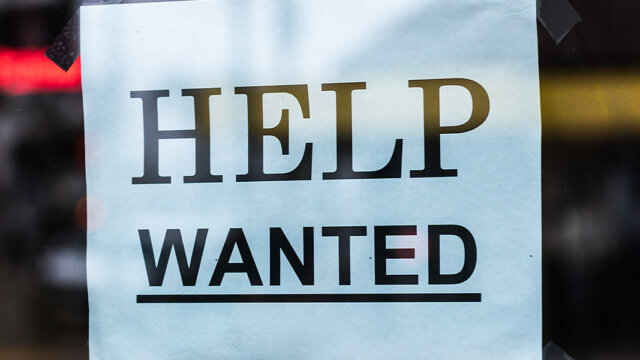WASHINGTON—With new data from the Bureau of Labor Statistics (BLS) showing staggering job loss to the hospitality and leisure industry, the American Hotel & Lodging Association (AHLA) has released a “Roadmap to Recovery,” calling on Congress to prioritize relief for hotel workers and small businesses in the next stimulus package. The April Jobs Report showed the hospitality and leisure industry was the hardest hit, losing 7.7 million jobs—nearly as many jobs as the next four sectors combined.
AHLA is urging Congress to provide immediate assistance in these four areas:
- Help hotels retain and rehire employees by extending the Paycheck Protection Program, offering employees direct tuition assistance or tax credits, and expanding the Employee Retention Credit.
- Protect employees and guests through tax credits for cleaning equipment and personal protective equipment (PPE).
- Keep hotel doors open by providing relief for hotel commercial mortgages and increasing the size and flexibility of PPP loans.
- Incentivize Americans to travel again when it’s safe with a new, temporary travel tax credit and restoring the entertainment business expense deduction.
“The hospitality industry is in a fight for survival,” said Chip Rogers, president and CEO of AHLA. “We are grateful to the leadership of both parties during one of the most difficult health and economic challenges we have faced. We are urging Congress to do even more to help the hotel industry so that our small-business hotel operators can keep the lights on and retain and rehire employees.”
COVID-19 continues to devastate the hotel industry: 2020 is projected to be the worst year on record for hotel occupancy, and experts estimate it will be at least 2022 before hotels return to their 2019 occupancy and revenue levels. So far, the impact of COVID-19 on the travel industry has been nine times worse than September 11.
In a recent survey of AHLA members, more than 8 in 10 hotel employers said they have had to lay off or furlough workers. Only 37% have been able to rehire any staff through economic relief measures such as PPP. About two-thirds of hotels are operating at less than 50% of pre-pandemic levels. Only 20% of those who responded to the survey expect to be back to pre-COVID-19 staffing levels, while 28% say staff will be back by Aug. 31, 14% by Dec. 31 and 38% believe it will happen after the end of the year.
With a presence in every congressional district in America, hotels are central to getting the economy back on track and supporting millions of jobs. Prior to the pandemic, hotels were proud to support one in 25 American jobs—8.3 million in total—and contribute $660 billion to U.S. GDP. A representative hotel with 100 occupied rooms per night supports nearly 250 jobs in the community and generates $18.4 million in guest spending at neighborhood shops and restaurants. Hotels also generate $186 billion in local, state, and federal taxes each year.
“While the hotel industry was one of the first affected by the pandemic, we have collectively stepped up to serve our communities during this public health crisis,” said Rogers. “We need Congress to continue to prioritize the industries and employees most affected by the crisis, so we can retain and rehire the people who power our industry, our communities and our economy.”

